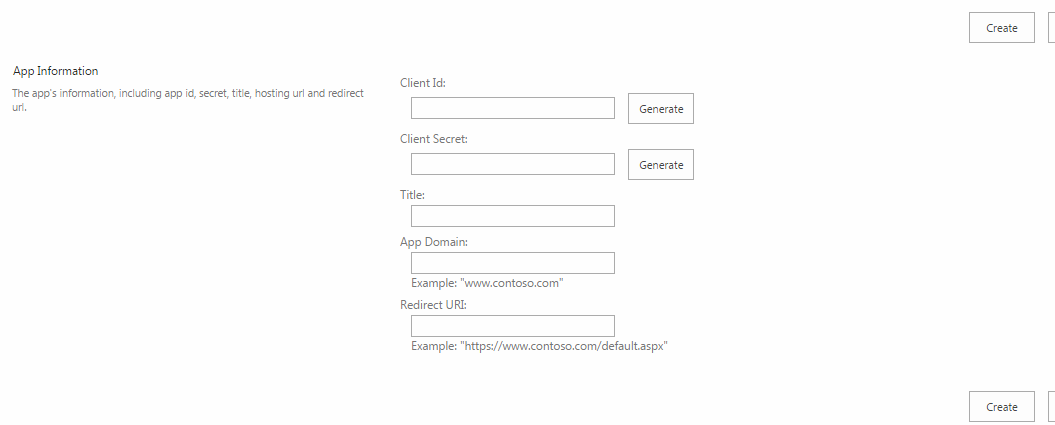LINQ: Dynamic Groupby, OrderBy, and Dynamic Aggregates.
How to dynamically achieve groupby, orderby and aggregates using LINQ ?
huh.. what..? Is it is possible.. yes it is.. Here is the solution.
Here are some of our helper methods:
private static object GetPropertyValue(object obj, string propertyName)Consider below sample example:
{
return obj.GetType().GetProperty(propertyName).GetValue(obj, null);
}
private static double GetPropertyValueDouble(object obj, string propertyName)
{
double ret = Convert.ToDouble(obj.GetType().GetProperty(propertyName).GetValue(obj, null));
return ret;
}
public class test
{
public string City { get; set; }
public string Name { get; set; }
public string State { get; set; }
public double Cost { get; set; }
}
List<test> xxx = new List<test>(){
new test(){City="MNG",Name="Jhon",State="KNK",Cost=10},
new test(){City="MNG",Name="Jhon",State="KNK",Cost=19},
new test(){City="BLR",Name="Jhon",State="DL",Cost=66},
new test(){City="BLR",Name="Jhon",State="DL",Cost=67},
new test(){City="BLR",Name="Jhon",State="DL",Cost=67}
};
switch (aggregate)
{
case "Count":
var grouped1 = xxx.GroupBy(x => GetPropertyValue(x, "City"))
.Select(n => new
{
EntityName = n.Key,
TotalCost = n.Count()
});
return grouped1;
case "Sum":
var grouped2 = xxx.GroupBy(x => GetPropertyValue(x, "City"))
.Select(n => new
{
EntityName = n.Key,
TotalCost = n.Sum(a => GetPropertyValueDouble(a, "Cost"))
});
return grouped2;
case "Average":
var grouped3 = xxx.GroupBy(x => GetPropertyValue(x, "City"))
.Select(n => new
{
EntityName = n.Key,
TotalCost = n.Average(a => GetPropertyValueDouble(a, "Cost"))
});
return grouped3;
default:
break;
}
Hope it helped you. :)





Comments
Post a Comment